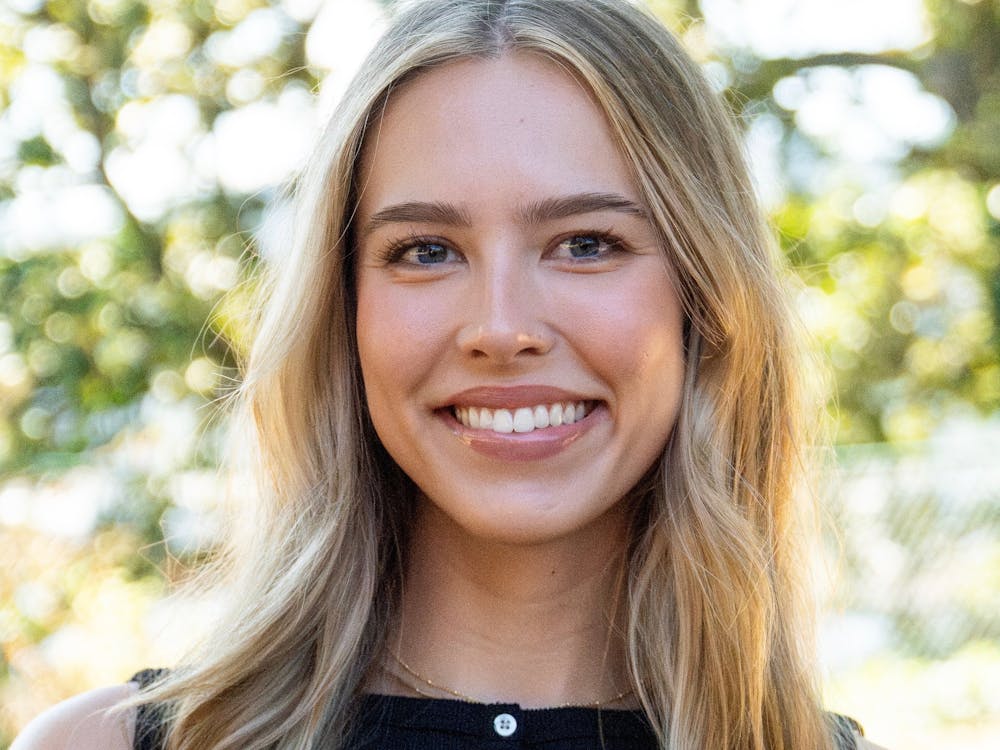This spring, I went to New York City for the ProCon 2025 National College Media Conference with The Beacon. I found myself among exceptional writers, photographers and editors from student publications nationwide, all learning from professionals in the field I dream of pursuing.
In our free time, my fellow Beacon staffers – now friends – and I would set out to explore the bustling city. With only a shared notes list of destinations and Google Maps on standby, we maneuvered through New York City locals, braved the subway and indulged in endless coffee and bagels on our spontaneous day trips.
As I looked out at the new environment, crowds, fast-paced energy and intimidating buildings, I realized I had navigated outside my comfort zone with more ease than I would have in the past.
Suddenly, that too-familiar feeling of impostor syndrome was replaced with a sense of gratitude for the work I have applied to earn my place in opportunities like these. I was now eager to be thrown into an unknown place and experience with friends I was not yet close to, which would have otherwise sent me into an anxious spiral.
This sparked one of my many walking-through-New York conversations.
How do you know you have matured from your past self? Is it possible to quantify improved personal growth?
One conclusion I’ve settled on: You recognize you have grown as a person when you respond to conflict, uncertainty and adversity more maturely than your past self would have.
I’ve grown up hearing the phrase, “You can’t control what happens, but you can control how you react to it.” As I settle into my newfound adulthood, I see this reminder as the most telling sign of truly growing up.
If you are anything like me, you are just beginning to embrace unfamiliar experiences, even at the risk of not being great at something at first. You are finding comfort in being unapologetically yourself, without letting what other people think limit you. And now, you may even see the value in prioritizing your time and well-being over experiences and people who no longer serve you.
The change may be small, becoming clear only after you endure a familiar disappointment, heartbreak, or once-debilitating experience.
Imagine a friend betrays your trust, a relationship doesn't work out or your academic efforts go unrewarded. How do you react?
My hope for you and me both is that, when faced with challenging situations like these, our responses are improved from how they were in the past.
Because we’ve grown, right?
Kalena O’Connell is a News Reporter for The Beacon. She can be reached at oconnell27@up.edu
Have something to say about this? We’re dedicated to publishing a wide variety of viewpoints, and we’d like to hear from you. Voice your opinion in The Beacon.








